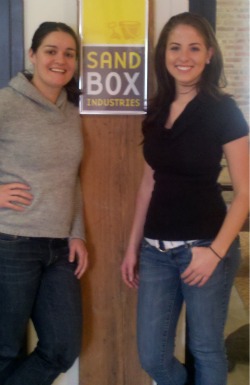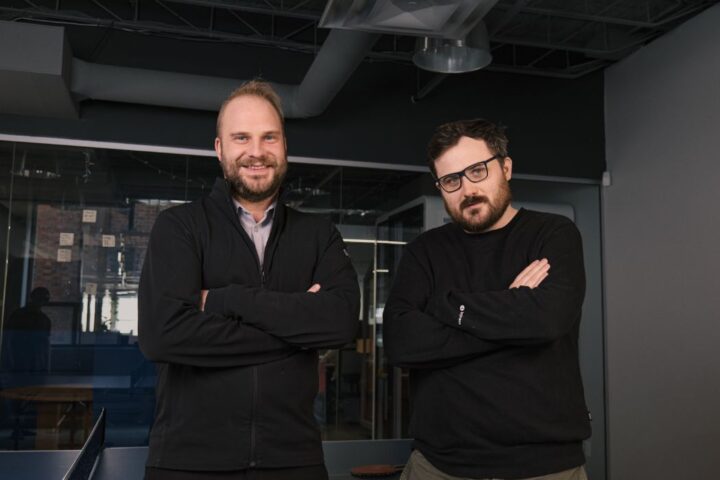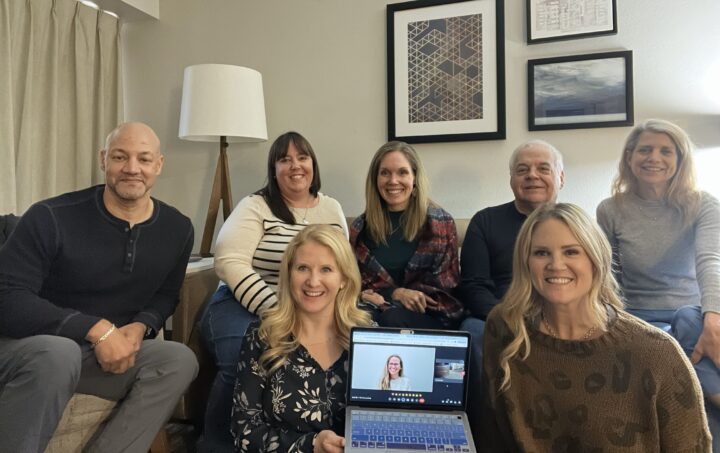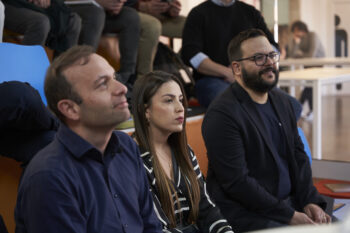
One of the things that I most dreaded in my five years in the retail industry was inventory. No matter how it’s done, either by the employees themselves or by an outsourced inventory company, it’s always a high stress time. What with inventory company workers yelling, “SKU look-up!” every ten seconds while demolishing piles of freshly folded T-shirts and sometimes significant difference in what is scanned and/or counted than what the systems say stores should have, it leads to a question: There’s gotta be a better way to do this.
Farrukh Khan founded his company Ferveo Technology in Chicago after working on such issues at SymphonyIRI Group. People were being sent to stores to collect field data, but were showing discrepancies in what the store inventory said they had and what data collectors were finding on shelves and in store rooms. Khan was looking to solve the out-of-stock issue, with items sometimes being in different parts of the store or store room and not actually sold out.
The primary product offered from Ferveotech is Shelfmeter, an electromagnetic inventory system. Placing items on a mat which creates a field around the space, whether it be on a shelf or in a back store room. With “item sum and recognition” technology, Khan says the mats and fields can detect the difference between a six-pack of soda and a two-liter, making actual, real-time inventory very easy and affordable.
“It fills a missing piece,” said Khan, comparing Shelfmeter to current scanner generated data. “You really don’t know what’s on the shelf. Ten items were shipped and I’ve sold five, so five should be on the shelf. But maybe it’s in the backroom instead.”
Khan sees Shelfmeter as a deterrent to theft as well. When a “disturbance” is created within the data field when someone picks an item off the shelf, high priced items taken in large quantities can be sensed immediately.
Shelfmeter is currently being piloted in Chicago with a “medium-sized grocery store chain and a large drug store company,” said Khan. It is also being piloted at “two large consumer package goods manufacturers in California,” according to Khan.









